
The UGC Academic Bank of Credits has heralded a much-required change in the existing higher education system and will promote customised learning paths for students.
The University Grants Commission’s (UGC) Academic Bank of Credits has revolutionised the way we understand higher education in India. Bringing unprecedented democracy to learners, the ABC will create customised learning paths for students when leveraged properly.
The National e-Governance Division (NeGD) of the Ministry of Electronics and Information Technology (MeitY) has created the Academic Bank of Credits (ABC) platform, which is based on the DigiLocker framework and provides the ability for students to open Academic Accounts and for Higher Educational Institutions (HEls) to sign up. DigiLocker is a flagship initiative of the Ministry of Electronics & IT (MeitY) under the Digital India programme that provides access to authentic digital documents in a citizen’s digital document wallet.
The takeaways from the implementation of ABCs are multifold and their benefits alone make us understand why the Academic Bank of Credits is important to the Indian Education System.
Centralised Repository: Akin to a bank account, the credit bank will be an online repository where students’ academic credit, calculated on the basis of classwork and tutorials, will be stored. This will offer seamless student mobility between or within degree-granting Higher Education Institutions (HEIs) through a formal system of credit recognition, credit accumulation, credit transfers, and credit redemption. Credits deposited on the ABC platform will be valid for a maximum of seven years or the duration specified for a given discipline. Once the certificate/degree is collected by the students, all the credits earned by them till then will be deleted from their respective accounts.
Customised Learning: ABC offers learners greater choice and flexibility in choosing courses and institutions, allowing a liberal mix of educational programmes that are vocational, academic and more. A student can avail multiple entry and exit options in higher education institutions and opt for a tailor-made degree. They can choose to study one course a year in one institution and switch to another one the next year.
Supports Student Mobility: Reduces time commitment, which lowers the risk of student dropout and improves social mobility for economically disadvantaged students. Because students don’t have to start over from scratch, higher education is more approachable and appealing. If students do not or are unable to complete the entire program of study, they can track their progress toward their qualifications and reward the learning that has been completed. This can boost confidence and encourage further learning.
Collaborative Processes: ABC can promote and facilitate inter-institutional partnerships, thereby elevating quality in education.
Promotes Employability: Promotes the use of vocational courses, multi-disciplinary courses and multi-modal approaches which lead to better career decisions. The adaptability of academic programs will allow students to find employment after receiving any level of award and return as needed to upgrade their qualifications, reduce the dropout rate, and raise the Gross Enrolment Ratio (GER) in higher education.
Diverse Options: Students who are enrolled in the courses offered by National Schemes like SWAYAM, NPTEL, V-Lab shall also be considered for credit transfer and credit accumulation under this provision. Those admitted to skill courses from registered higher education institutions offering vocational degrees or diplomas or postgraduate diplomas or certificate programmes are also eligible for accrual and redemption of credits under ABC.
EdTech Empowerment: UGC encourages a Blended Teaching-Learning Model for the implementation of ABC. It is recommended that all universities permit students who take courses on the Study Webs of Active Learning for Young Aspiring Minds (SWAYAM) platform to transfer those credits to their academic records. The Massive Open Online Courses (MOOCs) offered through the SWAYAM platform should be adopted and promoted by universities in order to maximise the benefits for students, according to the UGC. According to the rules governing the SWAYAM platform, an institution may permit SWAYAM to be used for up to 40% of all courses offered in a program during a semester.


| For any further information, you can contact ABC Cell of UGC on 011-24116316 & abc.ugc@gmail.com |
Key Terms in UGC’s Academic Bank of Credits
Credit Accumulation – The facility created by ABC in the Academic Bank Account opened by students in order to transfer and consolidate the credits earned by them by undergoing courses.
Credits Recognition – The credits earned through a registered Higher Educational Institution are transferred directly to the ABC by such HEIs.
Credit Transfer – The mechanism by which registered HEIs are able to receive or provide prescribed credits to individual Academic Bank Accounts in adherence to the UGC credit norms for the course undertaken by students enrolled in any registered HEI within India.
Credit Redemption – The process of commuting the accrued credits in the Academic Bank Accounts of the students maintained in ABC for the purpose of fulfilling the credits requirements for the award of Degrees or Diplomas or Certificates or course work for PhD programmes or similar courses. by the registered degree-awarding HEIs.
Academic Bank Account – An individual account with the Academic Bank of Credit opened and operated by a student, to which all academic credits earned by the student from course(s) of study are deposited, recognised, maintained, accumulated, transferred, validated or redeemed for the purposes of the award of degree/diploma/certificate etc. by an awarding institution. Credits deposited in the ABC platform will be valid for a maximum of seven years or the duration specified for a given discipline.
UGC directs institutes to register online and ODL students at ABC portal
Nov 1st, 2022 – The University Grants Commission (UGC) sent a letter to all higher education institutes (HEIs) offering online and ODL programmes to mandatorily register their students at the Academic Bank of Credit (ABC) portal — abc.gov.in.
On the ABC portal, each account holder will be provided with a unique id after they open a unique/individual academic bank account in digital form.
UGC will tomorrow send out a letter to 58 HEIs offering online and 86 HEIs offering ODL programmes, ordering them to compulsorily adopt the ABC portal. HEIs have to mandatorily create Academic Bank of Credit (ABC) ID of students and deposit their credits with ABC for programmes offered in ODL and online mode.
Additionally, LMS of all universities offering online programme may be integrated similarly with ABC portal.
Universities that have introduced this portal are the Delhi University, University Of Mumbai, Jamia Millia Islamia, Jawaharlal Nehru University, National Institute Of Technology Arunachal Pradesh, Tezpur University, Central University Of Punjab, University of Hyderabad, Indira Gandhi National Open University (IGNOU), Vellore Institute Of Technology, O P Jindal Global University, Chandigarh University, Datta Meghe Institute Of Medical Sciences, Guru Nanak Dev University, Lovely Professional University,Symbiosis International Deemed University, Bharati Vidyapeeth, Mizoram University, Mahatma Gandhi Antarrashtriya Hindi Vishwavidyalaya and the English and Foreign Languages University.
HEIs directed to promote ABCs through all possible means
Dec 30th, 2022
The University Grants Commission YouTube Channel aired a discussion on the implementation of the Academic Bank of Credits on December 29, 2022, featuring the UGC Chairman and veteran academician, Professor M. Jagadesh Kumar. The essentials of this conversation have been condensed by IPSR Academix and are available here in this FAQ Section. This section answers all your doubts about ABC implementation.
Academic Bank of Credit is a national-level credit-based, student-centric, and highly flexible digital platform for students to store their academic credits earned from various recognized Higher Educational Institutions (HEIs).
As part of NEP, UGC has brought out several reforms to provide students with more flexibility, mobility, and freedom. One such platform is the ABC, which stores the academic credits earned by students from various recognized Higher Educational Institutions so that degrees can be awarded by considering the credits earned and stored in the ABC platform.
The credit can be defined as one content hour of theory or tutorial or two hours of laboratory work the student participates in per week during a semester.
Universities, Autonomous Colleges, and Institutions of National Importance are eligible to register on the ABC portal.
The first and foremost one is the Digilocker, which can either be downloaded from the Play Store or accessed through the website portal.
Create the Digilocker account, select the education category, and proceed to the ABC ID creation service. Choose the institution where you are currently enrolled and where you will be issued an ABC ID.
The other options are through the “UMANG” app, API Setu, or the ABC portal.
The autonomous institution can modify the ordinances to permit the student to take one course and register the earned credits with the Academic Bank of Credits.
If a student wants to take a break after completing two semesters, he/she can attain a certificate after completing 10 credits of skill-based courses. If he/she wishes to join back for the second year, he can do so by using the credits he had earned in the first year and pursuing the programme. It’s only that the same credits cannot be used to attain another certificate.
The student must have attained a minimum of 50% credit from one single institute, and the remaining can be obtained from different institutions. So, the first institution where he/she has obtained 50% credits will issue the degree.
If all the data and mark sheets related to the students of the affiliated colleges are with the university, the university will have the authority to issue degree certificates to the students.
The students are eligible to pursue two degrees simultaneously in regular mode, either from the same university or from different universities; they can take one physical degree and one online degree, or they can take two online degrees simultaneously.
Many institutions have their own ERP system for Student Lifecycle management, while others do not. UGC has provided ERP facilities on the Samarth Platform. Irrespective of using Samarth or your own in-house ERP system, one just needs to mirror the data into ABC so that there will be one unified portal for the benefit of the students.
Feb 14th, 2023
From the academic year 2023–2024, students will need to open a mandatory Academic Bank of Credit on abc.gov.in in order to be admitted to colleges across the nation.
Vice chancellors of universities were urged to ensure complete registration on the ABC portal for the upcoming 2023–24 academic year by University Grants Commission (UGC) chairman M. Jagadesh Kumar during a meeting on Tuesday, February 14, 2023, which evaluated the implementation of the National Education Policy (NEP) 2020. VCs reported that many students are facing a problem owing to Aadhaar-related issues.
Join us for FREE to get instant email updates!
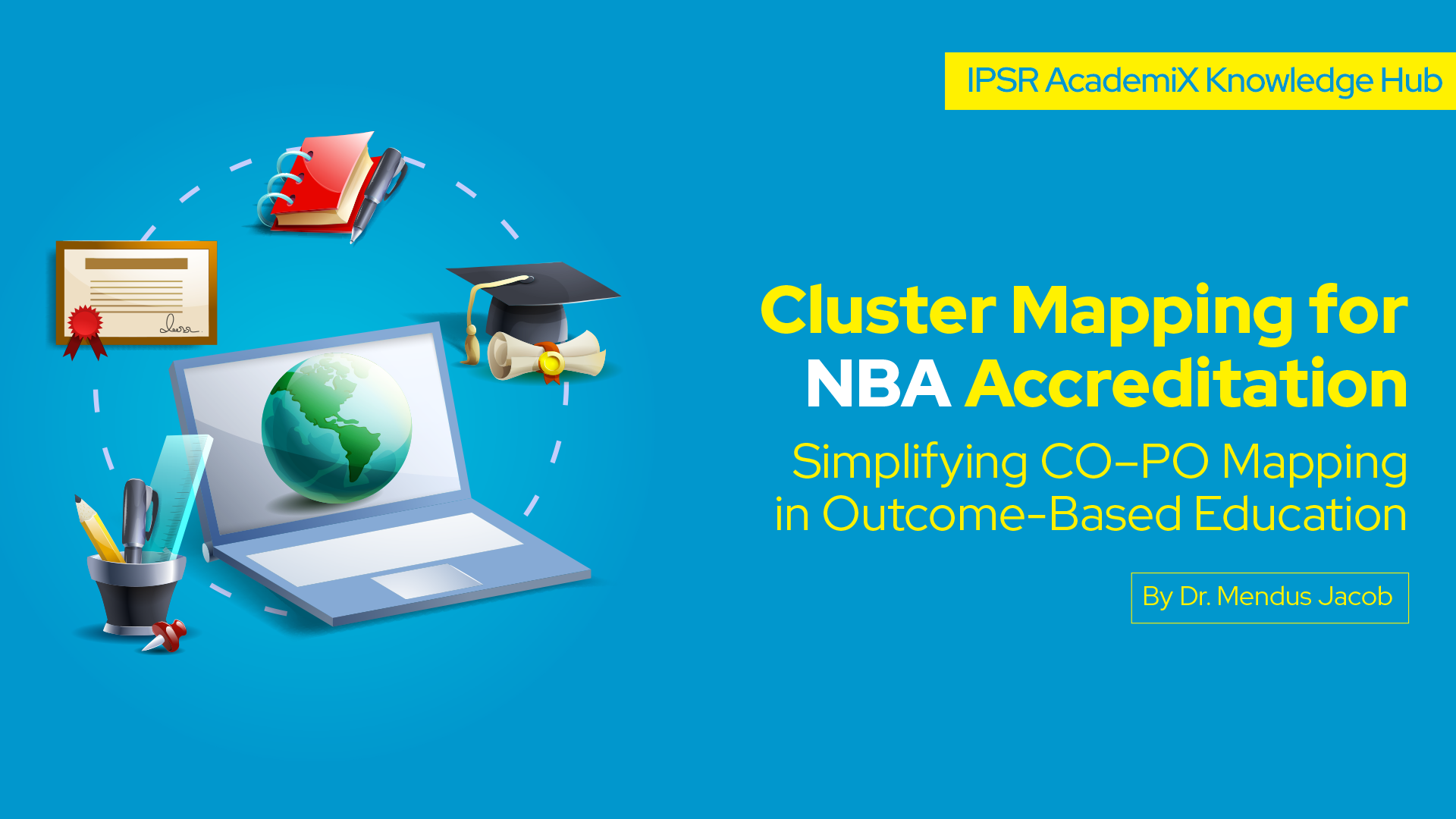
Simplifying CO–PO Mapping in Outcome-Based Education Accreditation by the National […]
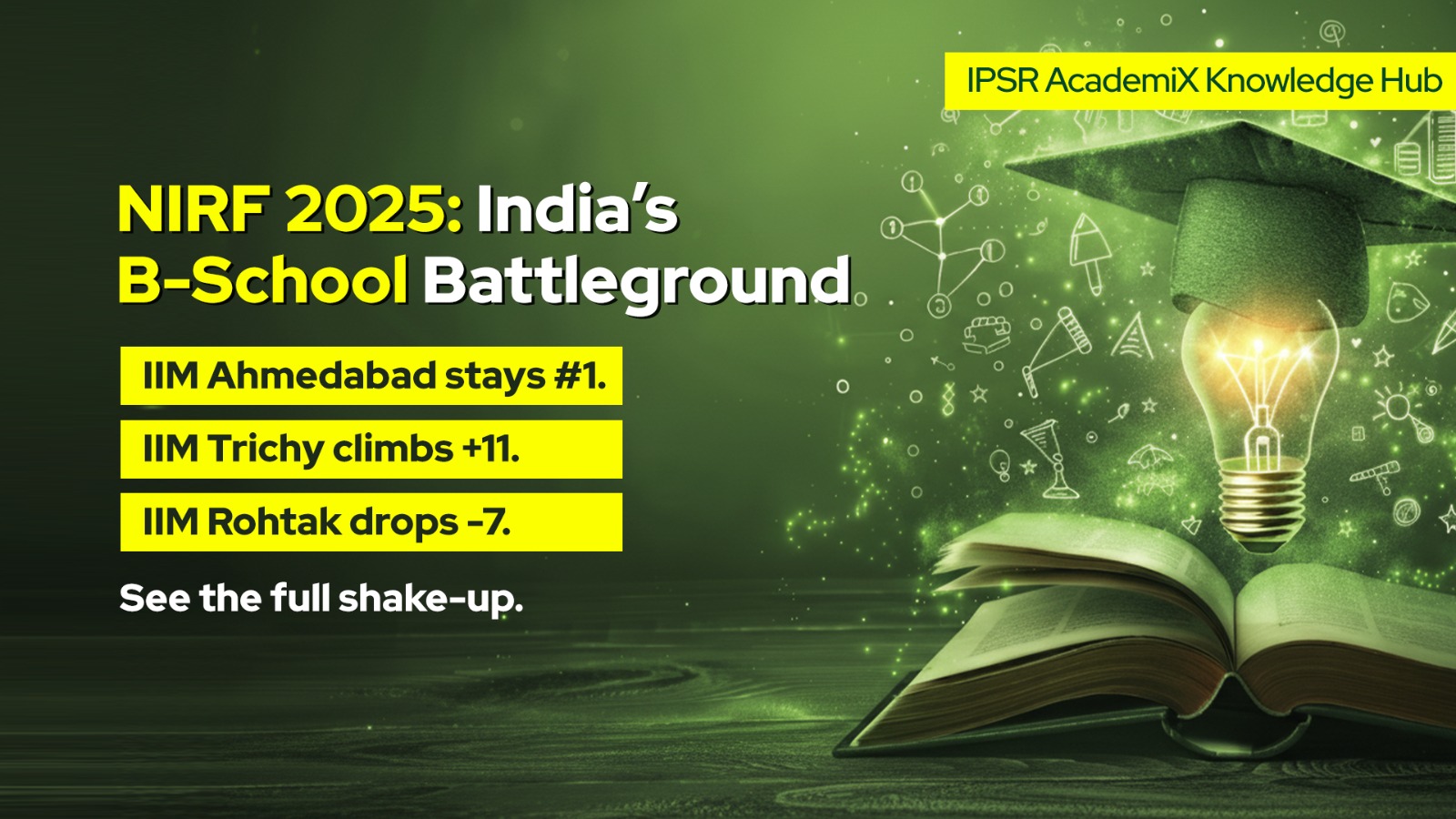
The National Institutional Ranking Framework (NIRF) 2025 results are out, […]
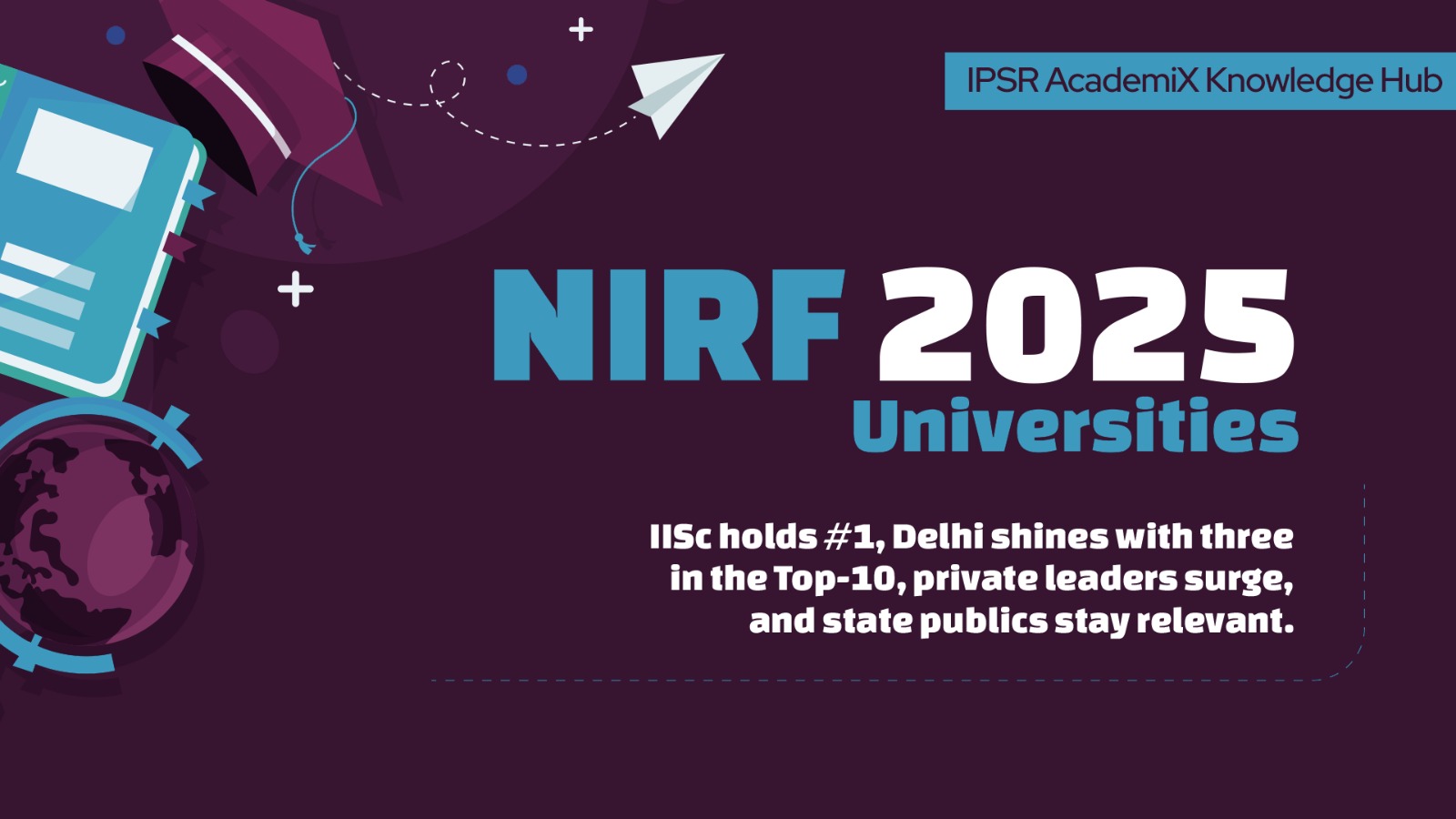
What the Top 100 Rankings Reveal About India’s Universities The […]
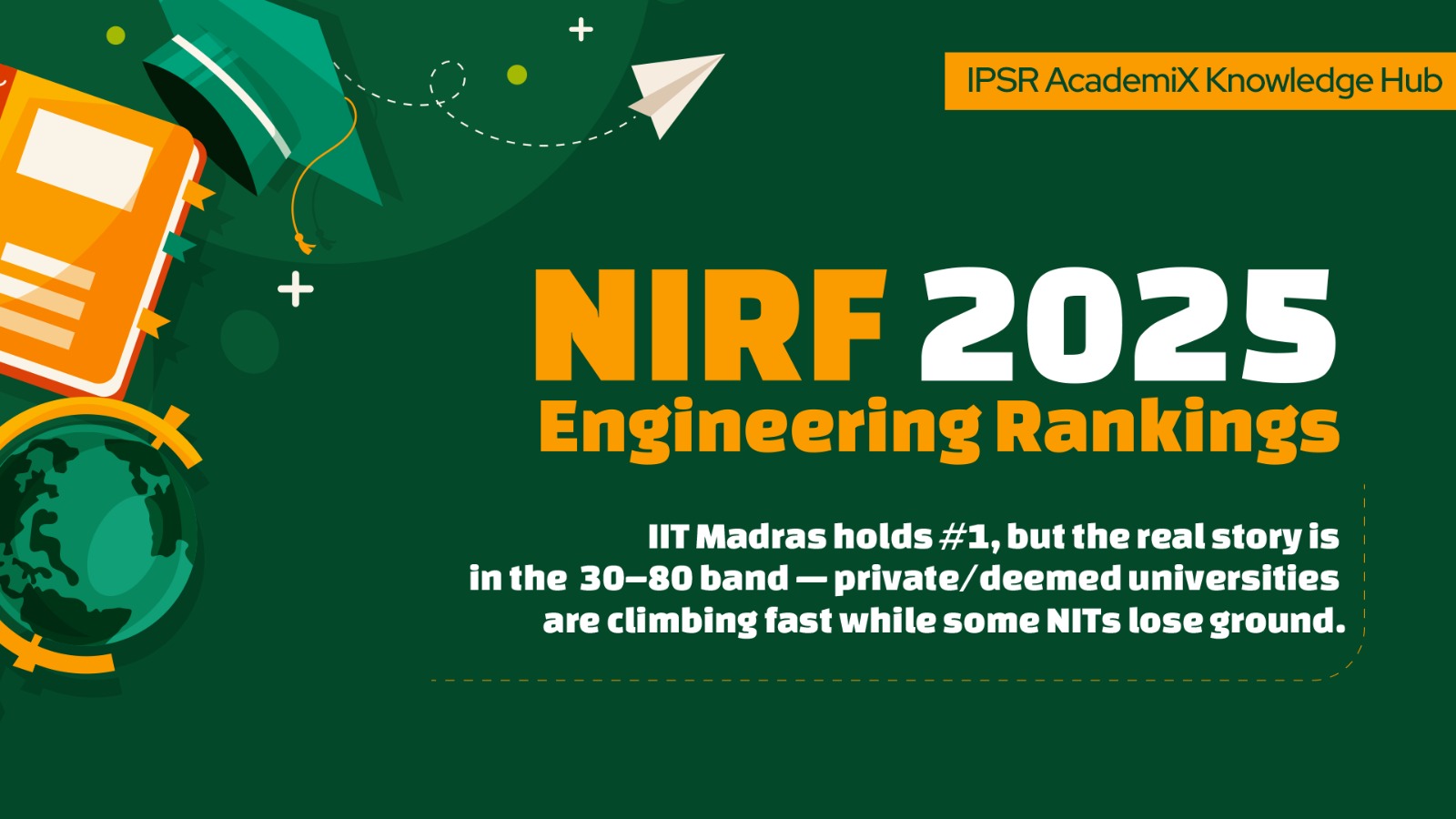
Exploring patterns, trends, and the evolving landscape of technical education […]
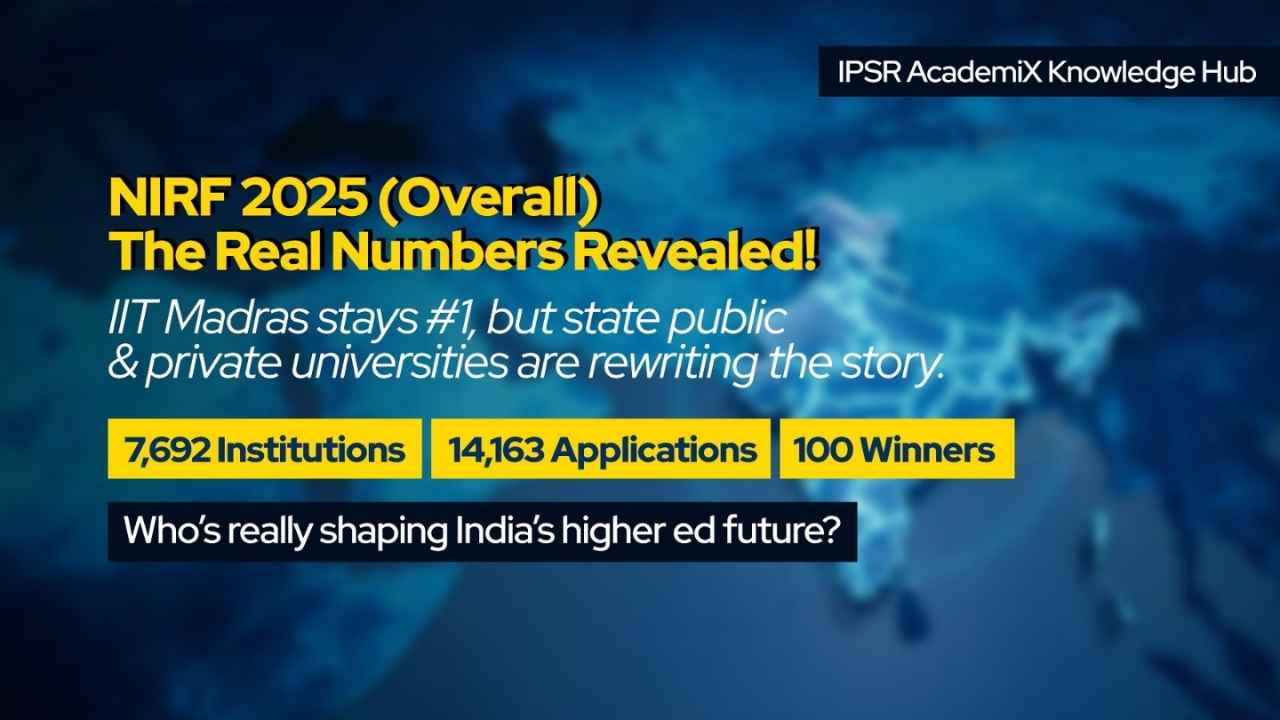
Release date: September 4, 2025 Source: NIRF portal’s Overall Top-100 […]
Leave A Comment